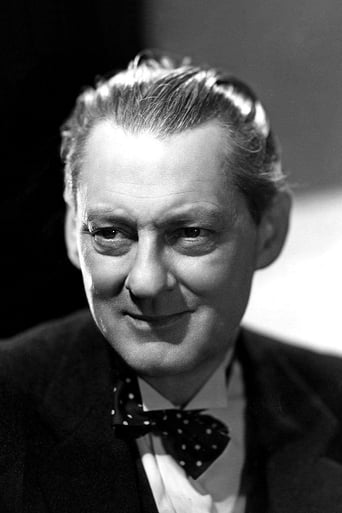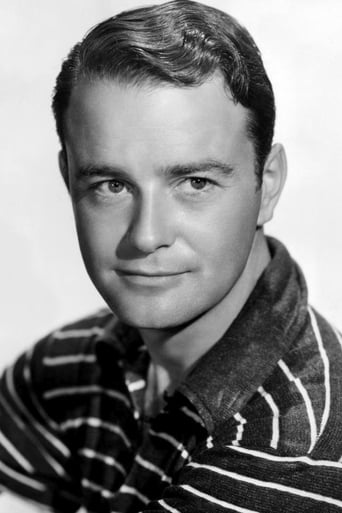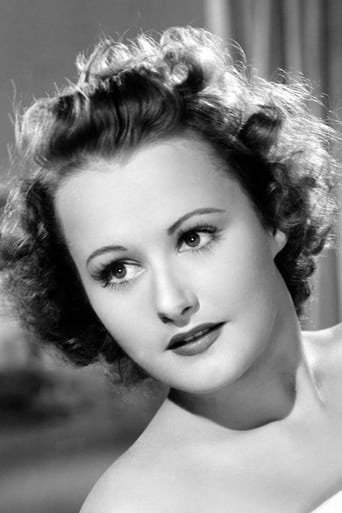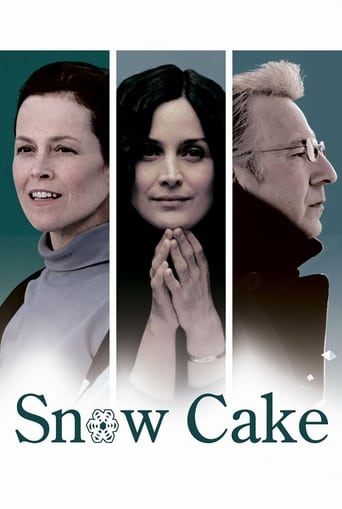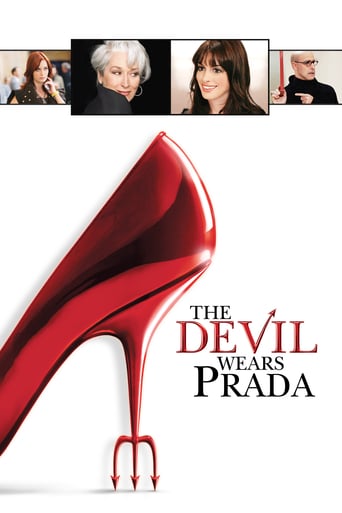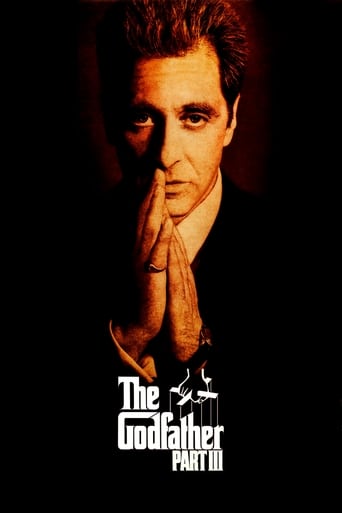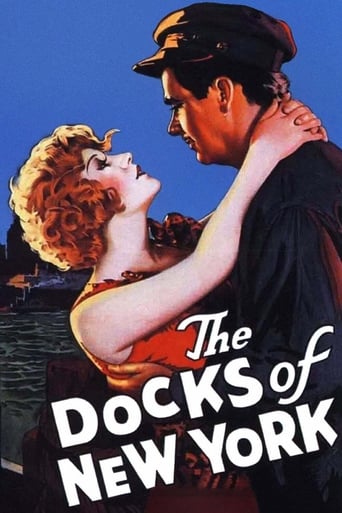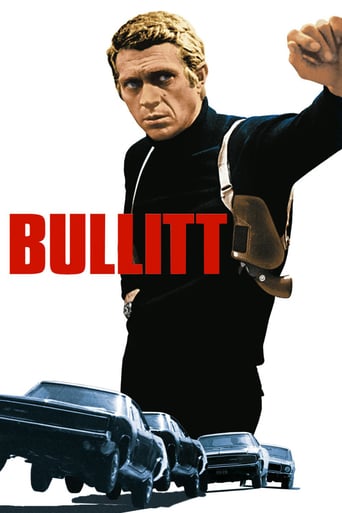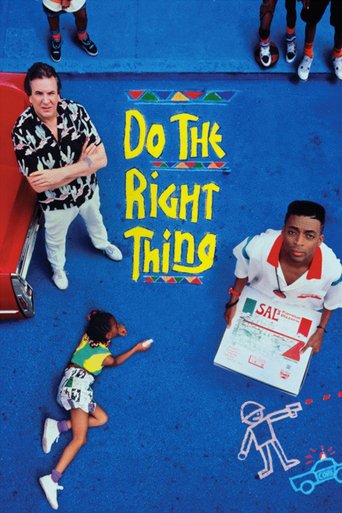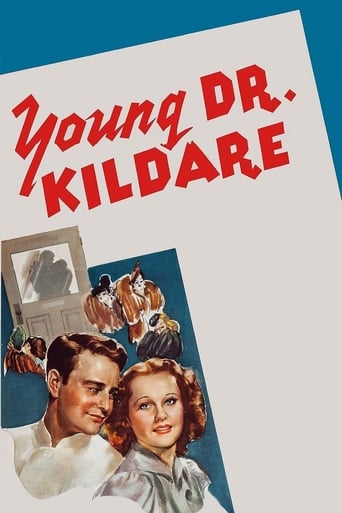
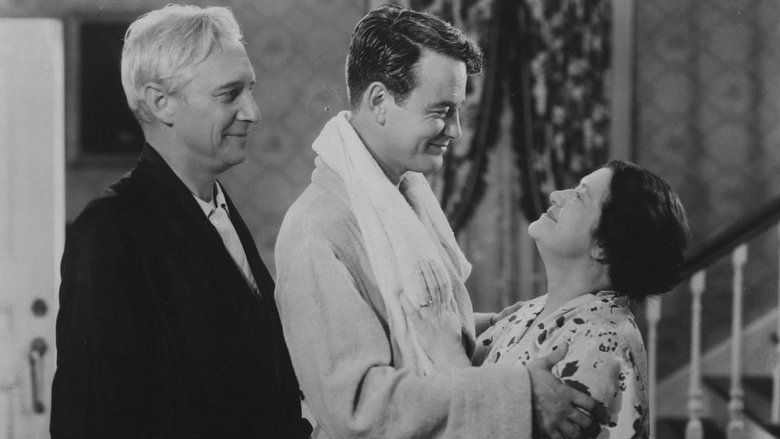
Young Dr. Kildare (1938)
A medical school graduate takes an internship at a big city hospital, only to be subjected to a rigorous (and sometimes embarrassing) testing of his knowledge by the hospital's top dog, Dr. Leonard Gillespie.
Watch Trailer
Cast
Similar titles
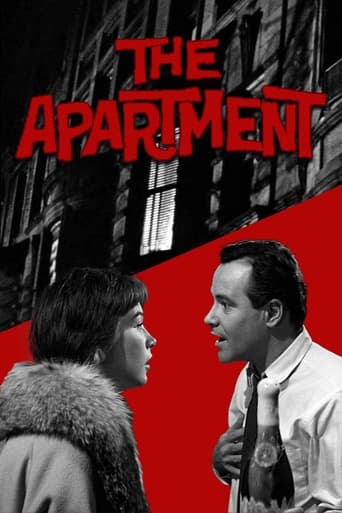

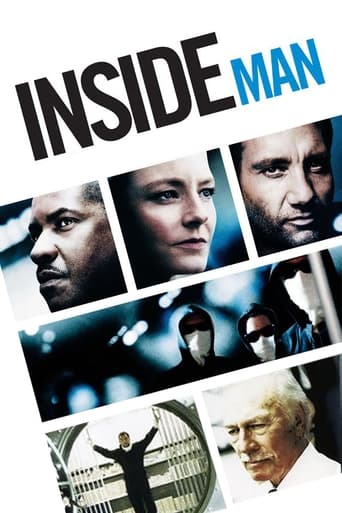
Reviews
Too much of everything
I don't have all the words right now but this film is a work of art.
Good movie but grossly overrated
It’s sentimental, ridiculously long and only occasionally funny
Dr. James Kildare (Lew Ayres) is fresh out of medical school and expected to take over his father's small town practice. But Kildare decides instead to go to New York and work as an intern at Blair General Hospital. There he catches the interest of crotchety old Dr. Leonard Gillespie (Lionel Barrymore) and gets into trouble trying to prove a suicidal heiress isn't crazy.The first in MGM's wonderful Dr. Kildare series. Paramount had released a Kildare movie the year prior to this with a different cast but that's unconnected to this series. This movie, like the rest that followed, is a classy medical drama with terrific actors and good writing. Lew Ayres was perfectly cast as the compassionate and idealistic Kildare. As would be the case in most of the series, Lionel Barrymore steals the show as the grumpy but wise Dr. Gillespie, who was so integral to the series' success that when Ayres got the boot during WW2, they handed the series over to Barrymore's Gillespie. Many of the regulars who would make up the fine supporting cast in the series appear here -- Joe the ambulance attendant (Nat Pendleton), Sally the hospital receptionist (Marie Blake), bar owner Mike Ryan (Frank Orth), and hospital administrator Dr. Carew (Walter Kingsford). Samuel S. Hinds and Emma Dunn play Kildare's parents. Nurse Lamont and Molly Byrd don't show up until the next film, though Byrd is mentioned by name in one scene. Solid performances by everybody.It's a great movie that spawned many sequels and a (much) later TV series. Definitely something you will want to see if you're into medical dramas. Overlook the reviewers who nitpick the dated medical knowledge. That's such a ridiculous thing to complain about I can't even wrap my head around it. It's such a shame they didn't have time machines in 1938 so they could make movies that had 21st century knowledge and technology in them. Oh, well, if they had then we wouldn't be able to snark at those old primitives. God knows what a tragedy that would be! Sarcasm aside, I find the "flaws" with the medical stuff part of the appeal of the film. It gives us insight into the way such things were understood back then. That's always been a part of why I love older films -- they provide a window into the past.
Lew Ayres returns from medical school to his family. Dad is a doctor himself -- it runs in families -- and expects him to set up his office in the spare room so they can have a joint practice at home. But Ayres sadly informs his father that he's accepted an internship at famous Blair Hospital in New York, because, well, he feels there's more he wants to do than become a simple small-town practitioner. Dad nods understandingly. "It's true you can't make much money as a country doctor." The film doesn't pause long enough for the laughter to expire at this point.Well, Blair Hospital is a tough place, let me tell you. There are hide-bound administrators, elderly and out-of-touch specialists, and then there is Dr. Gillespie. That would be cranky old Lionel Barrymore bound in his wheelchair. He has a lot of juice around Blair Hospital and takes no guff from anybody. He treats new interns the way Mr. Murdstone treated David Copperfield.Ayres works his butt off, rushing around in ambulances, treating drunks and children, until he runs into a mysterious young woman who has attempted suicide. She won't reveal her identity but she has obvious class. She comes up with an archaic expression in French, so you can tell.Aside from Ayres' relationship with the home town girl we are absolutely certain is going to snag him, this is the big conflict. Who is this society dame and why did she try to off herself? Everybody else at Blair is convinced she's psychotic and they want to put her away, but Ayres believes she's quite sane and is suffering from genuine guilt.He's right, of course. But before he can prove it and get all the rewards coming to him, the movie must turn into a detective story in which the fresh-faced Ayres, accompanied by the affably physical Nat Pendleton, uncovers the secret she's hiding. It was all a misunderstanding. The classy babe melts into the arms of her sweetheart and Ayres takes off with the Homecoming Queen of Cockaigne.I don't know why this was so popular in its time. The cast is likable enough. Lew Ayres is youthful and handsome. (He was to come under a cloud a few years later for being a conscientious objector during the war. Kids, that's World War II. He served as a medic and was under fire but it didn't help much.) Lionel Barrymore is good as the whiny voiced curmudgeon. Still, this was the movie that launched a thousand sequels and there's nothing special about it. I suppose they were cheap enough and, in the absence of TV, audiences enjoyed seeing characters they were already familiar with.The story is by Max Brand, of all people. He wrote for Western pulp magazines mostly. A few of his stories became films, most notably "Destry Rides Again."
The fact that they made so many Dr. Kildare films in the 30s and 40s is more a testament to the acting of Lew Ayers and Lionel Barrymore than to the quality of the writing for this film. In so many ways, it seems like just another B-movie but somehow it managed to generate enough interest to create a series of films.Interestingly, not all of the Kildare films featured Lew Ayers in the lead, as after 1942, the series continued with Lionel Barrymore and other young doctors. Sadly, this is apparently because the public grew to hate Ayers because of his status as a conscientious objector during WWII. However, this is really unfair as when drafted, Ayers DID serve with distinction on the front lines--as a corpsman and chaplain's aid where he risked his life but was unwilling to kill. This abhorrence of violence stemmed from his role in the greatest anti-war film of all-time, ALL QUIET ON THE WESTERN FRONT. Fortunately for Ayers, a few years after the war, his public image changed and he gained acceptance--though his career never replicated the heights of his Dr. Kildare years.Now the fact that Barrymore made fifteen films in the series is very interesting, as his character was diagnosed with terminal cancer in this first film! According to the brilliant Kildare's opinion, Barrymore (as 'Dr. Gillespie') SHOULD have died within the year! Perhaps Kildare came up with some miracle cure in some subsequent film to explain this discrepancy.This is the first film in the series. Because of that, much of the film is spent establishing who the character is, creating a back story and installing him in his new job as an intern at a big New York hospital. I liked this part of the film a lot and liked the characters.However, oddly, the actual "big cases" they created for this first film were really limp. The first was a small one that made absolutely no sense--none. While assigned to ambulance duty, a patient dies and the guy turns out to be an important politician. Kildare is accused of incompetence but the guy died because the ambulance assistant (Nat Pendleton) ignored Kildare's instructions. Why Kildare hid this from the investigating board is not only inexplicable but highly unprofessional. The second is a case involving an attempted suicide by a rich heiress. Despite having a prominent psychiatrist assigned to the case (Monty Woolley in a very tiny role), Kildare insists he knows more than ANYONE at the hospital and is insubordinate. Then, when he's suspended, he goes into action like a Charlie Chan-type character. None of this made any sense, either, and Kildare came off as a know-it-all. Not an auspicious beginning to the series! Still, despite the film's many deficiencies, it is watchable. In many ways, the relationship between Gillespie and Kildare is reminiscent of the TV series "The Paper Chase".By the way, the receptionist in the film is played by a young Blossom Rock--the same actress who played 'Grandmama' on "The Addams Family" TV show. Interestingly, she was Jeanette MacDonald's less famous sister.
Lew Ayres is "Young Dr. Kildare" in this 1938 film that began the popular "Dr. Kildare" series. Later, "Dr. Kildare" would become a TV series and launch Richard Chamberlain.Here we meet Dr. K and his parents (Samuel S. Hinds and Emma Dunn). Kildare's father is a country doctor, and James decides against partnering with him. He wants to intern at Blair General Hospital. As the film unfolds, he wonders if this was the wisest choice.Kildare spends most of the movie in trouble up to his eyeballs, first with the attempted suicide of a society woman that he interferes in, and secondly with Dr. Leonard Gillespie (Lionel Barrymore), who's a real bear. Gillespie becomes a lot mellower as the years go on, but in this initial episode, watch out! Kildare spends most of the film on the verge of being suspended, and he just got there.Though sometimes the series did approach correct medical treatment and terms, "Young Dr. Kildare" misses that boat with its suicide case. I guess no one had ever heard of anyone being emotionally disturbed - this poor young woman was almost institutionalized because the head psychiatrist in the hospital thinks she's a schizophrenic. Kildare challenges his notion and runs all over town trying to find out why she attempted suicide. The reason is pure 1930s Hollywood.One reason these films are fun is that MGM used them as a training ground for some of its young stars - Van Johnson, Lana Turner, Ava Gardner and Margaret O'Brien, to name a few. In this film, Monty Wooley - not young, but still in the small part phase of his career - makes an appearance.The "Dr. Kildare" series continued into the late 1940s, in 1942 becoming the "Dr. Gillespie" series with the same cast minus Lew Ayres, persona non grata at MGM for being a conscientious objector during World War II. Ayres did serve as a medic and chaplain on the front lines, but his principles garnered a lot of publicity and were not popular with the public, so the studio got rid of him. After World War II, he received an Oscar nomination for his role in "Johnny Belinda" and he worked until 1994, two years before his death. In 1950-51, he was Dr. Kildare on the radio. He nearly became a television Dr. K, but the network refused to honor his request for no cigarette sponsorship. When you have the courage to stand by your beliefs, as Ayres did, you soon find yourself out of a job.
